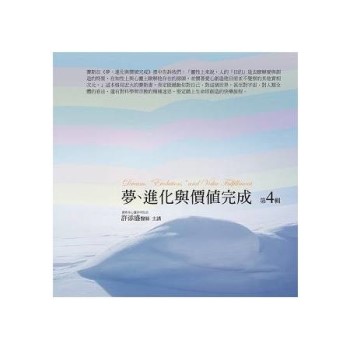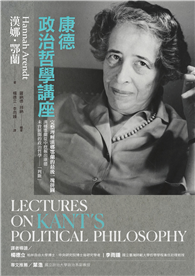Taking a novel approach that adapts Freud’s theory of the Primal Crime, this book examines a wealth of ethnographic data on the Gimi of the Eastern Highlands of Papua New Guinea, focusing on women’s lives, myths, and rituals. Women’s and men’s separate myths and rites may be ’read’ as a cycle of blame about which sex caused the ills of human existence and is still at fault. However, the author demonstrates that in public rites of exchange in which both sexes participate, men appropriate and subvert women’s usages as a ritual strategy to ’undo’ motherhood and confiscate children at puberty. In doing so, she reveals how Gimi women both rebel against the male-dominated social order and express understanding of why they also acquiesce.
The result of decades of fieldwork, writing and reflection, this book offers an analysis of Gimi women’s complex understanding of their situation and presents a nuanced picture of women in a society dominated by men. It represents an important contribution to New Guinea ethnography that will appeal to students and scholars of psychoanalysis, gender studies, and cultural, social and psychoanalytic anthropology.
| FindBook |
有 1 項符合
She Speaks Her Anger: Myths and Conversations of Gimi Women: A Psychological Ethnography in the Eastern Highlands of Papua New Guinea的圖書 |
 |
She Speaks Her Anger: Myths and Conversations of Gimi Women: A Psychological Ethnography in the Eastern Highlands of Papua New Guinea 作者:Gillison 出版社:Palgrave MacMillan 出版日期:2022-04-14 語言:英文 規格:平裝 / 308頁 / 21.01 x 14.81 x 1.65 cm / 普通級/ 初版 |
| 圖書館借閱 |
| 國家圖書館 | 全國圖書書目資訊網 | 國立公共資訊圖書館 | 電子書服務平台 | MetaCat 跨館整合查詢 |
| 臺北市立圖書館 | 新北市立圖書館 | 基隆市公共圖書館 | 桃園市立圖書館 | 新竹縣公共圖書館 |
| 苗栗縣立圖書館 | 臺中市立圖書館 | 彰化縣公共圖書館 | 南投縣文化局 | 雲林縣公共圖書館 |
| 嘉義縣圖書館 | 臺南市立圖書館 | 高雄市立圖書館 | 屏東縣公共圖書館 | 宜蘭縣公共圖書館 |
| 花蓮縣文化局 | 臺東縣文化處 |
|
|
圖書介紹 - 資料來源:博客來 評分:
圖書名稱:She Speaks Her Anger: Myths and Conversations of Gimi Women: A Psychological Ethnography in the Eastern Highlands of Papua New Guinea
內容簡介
|











